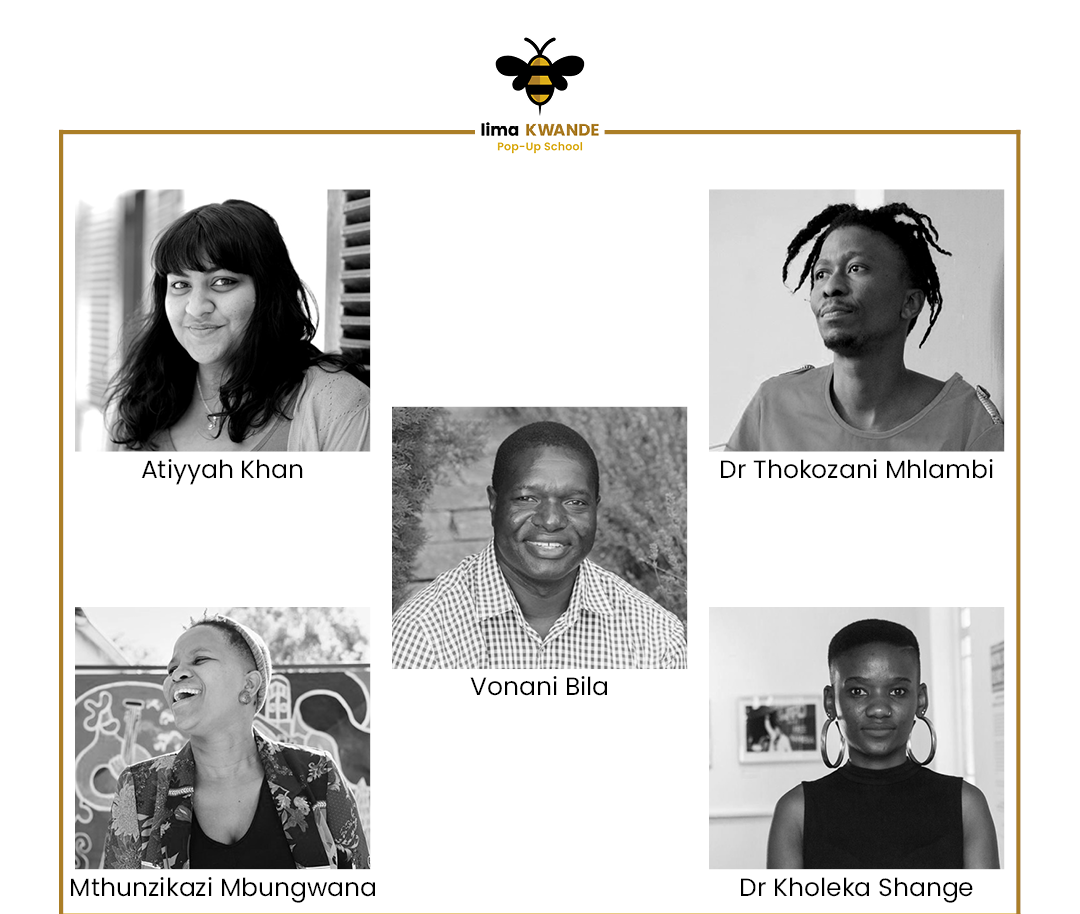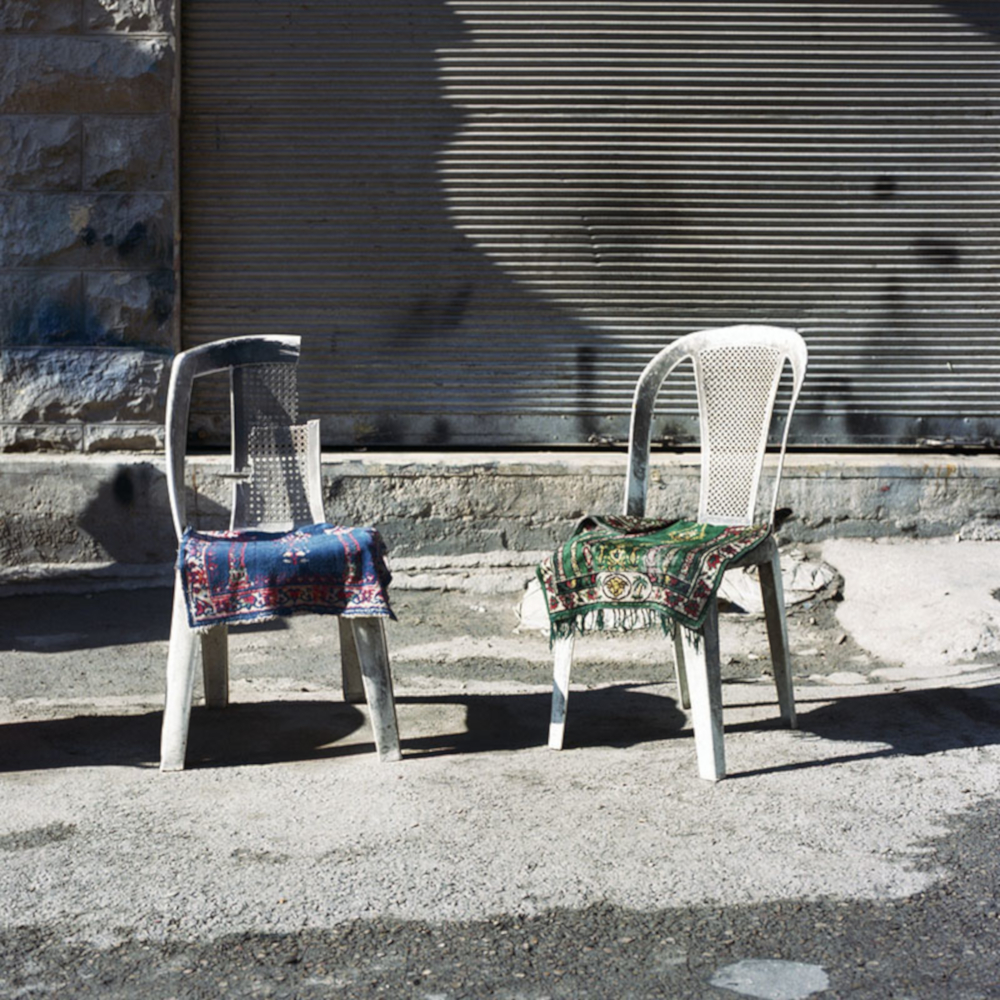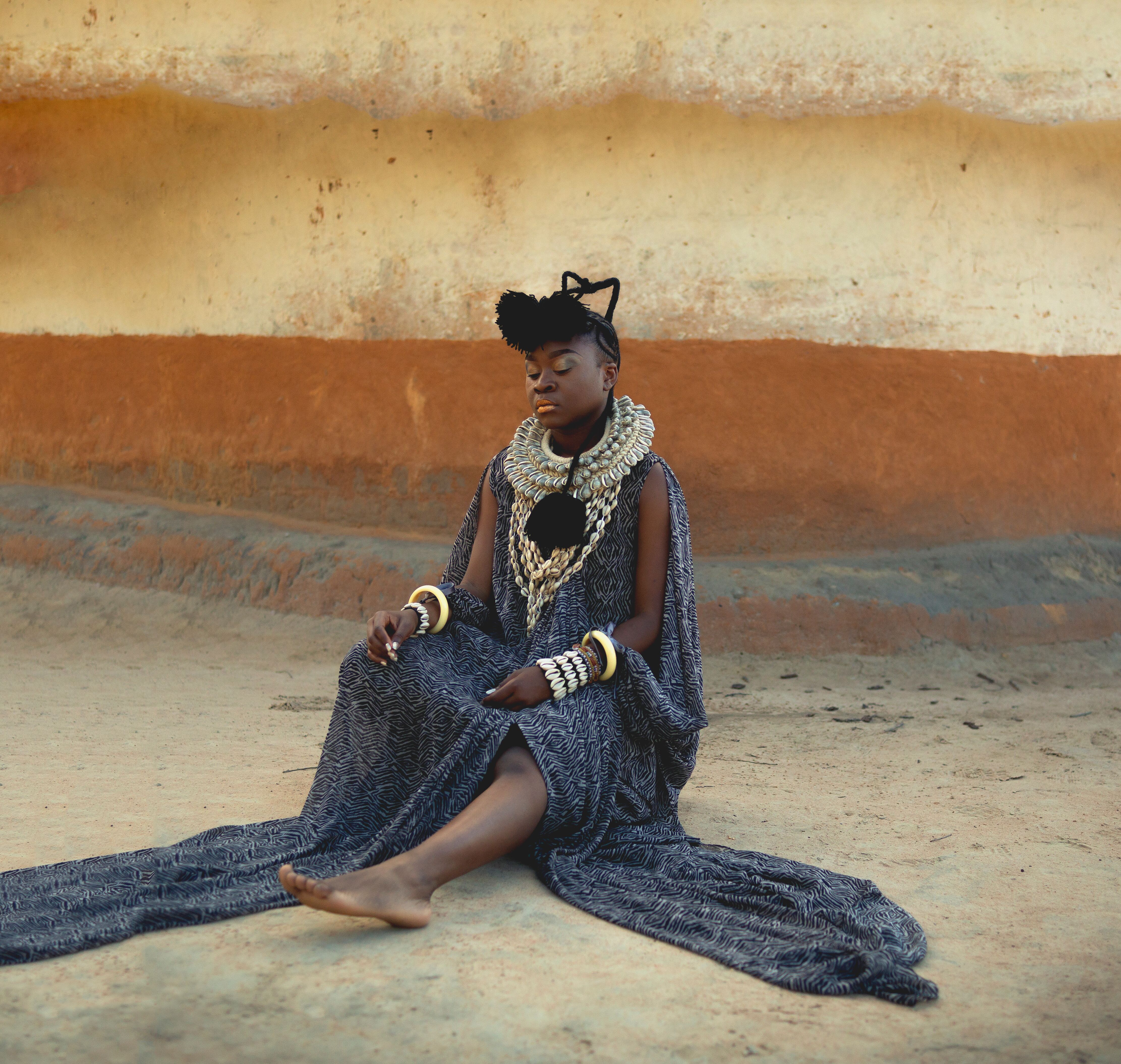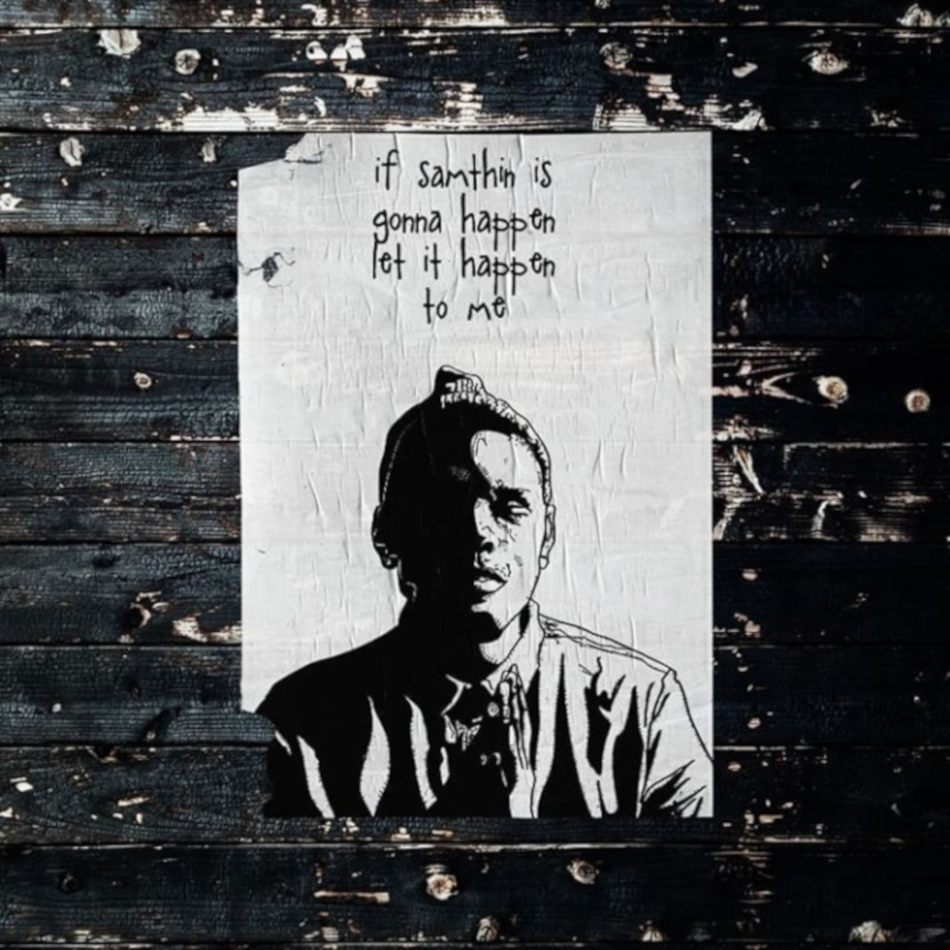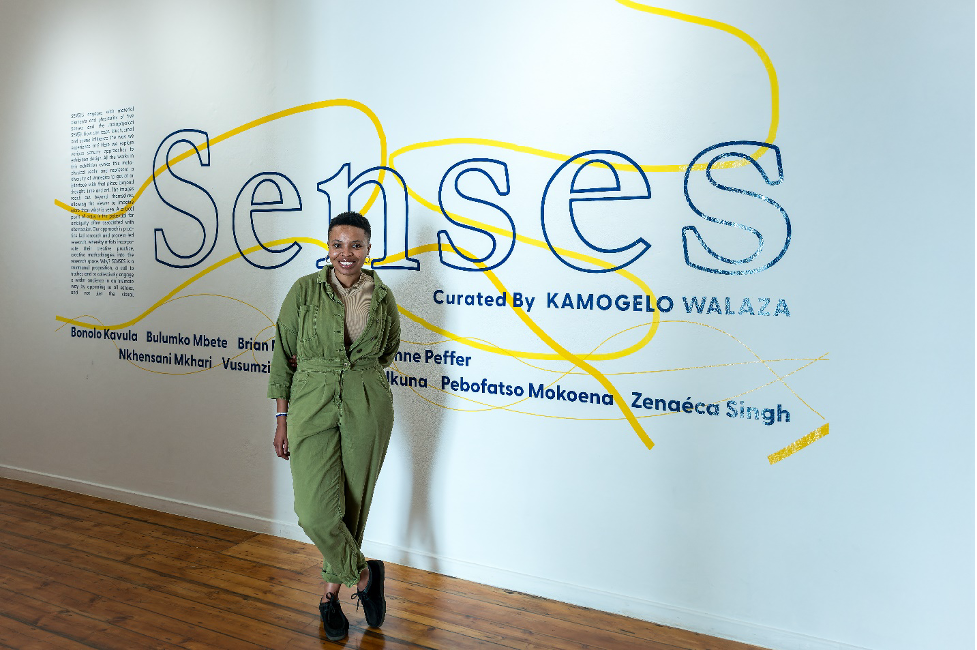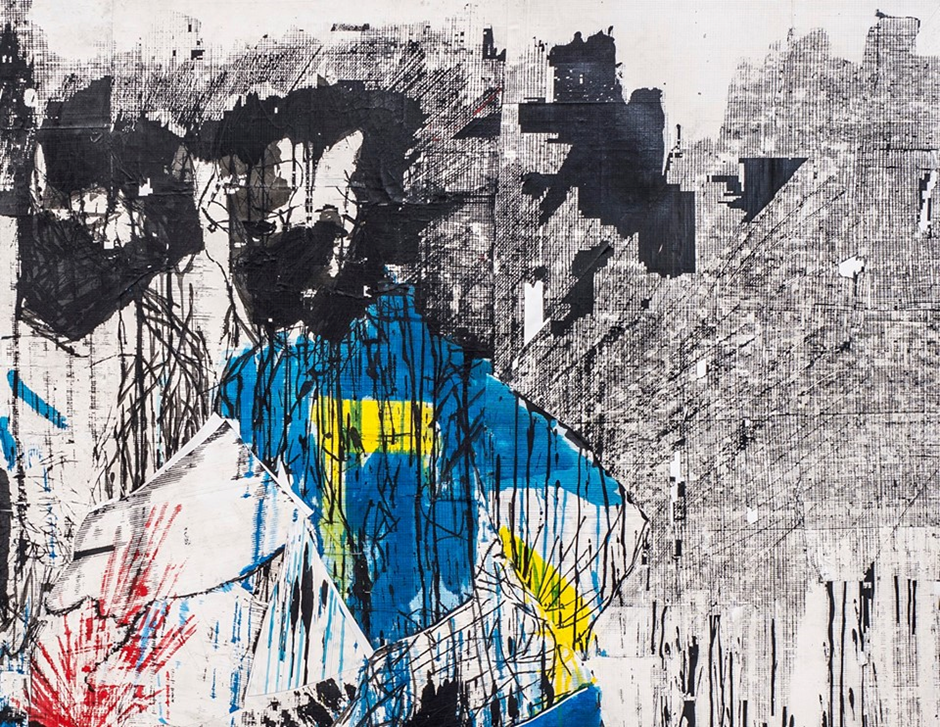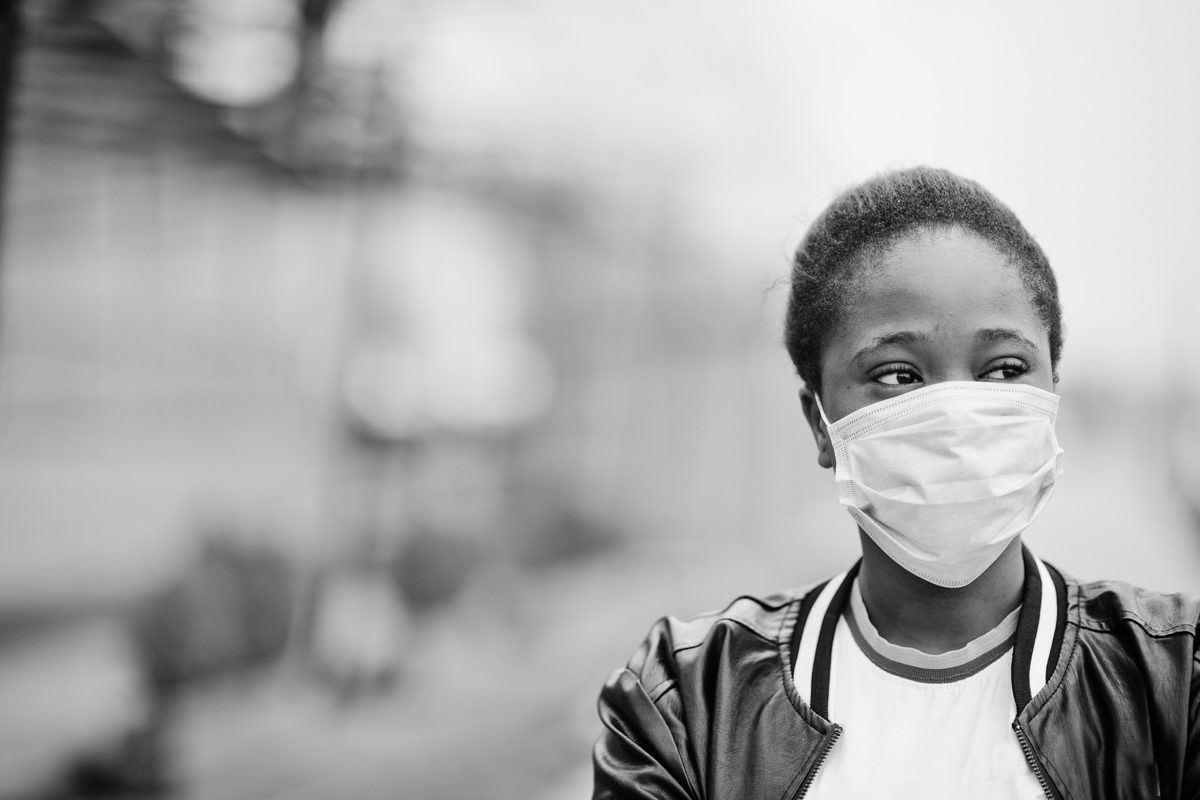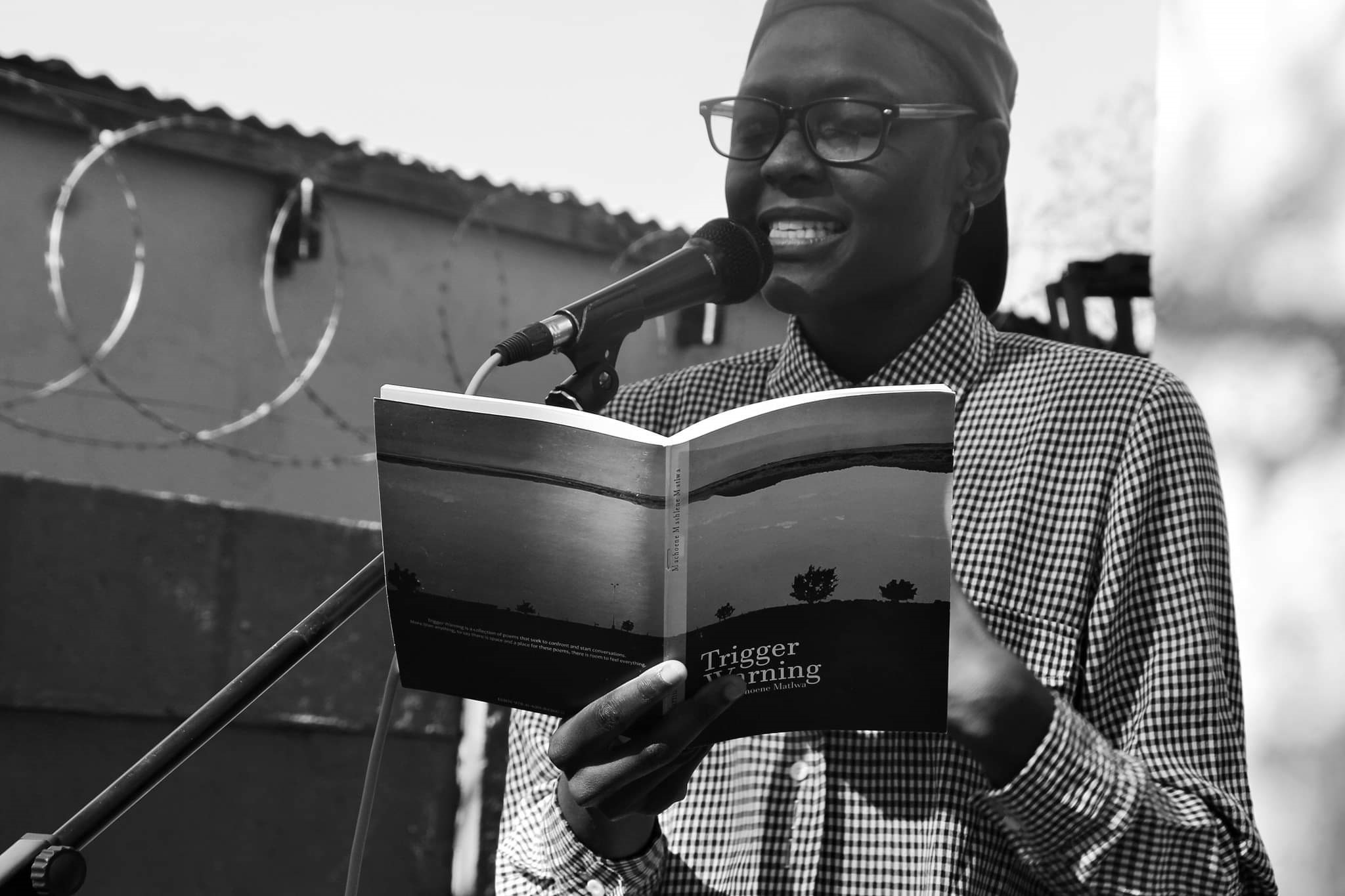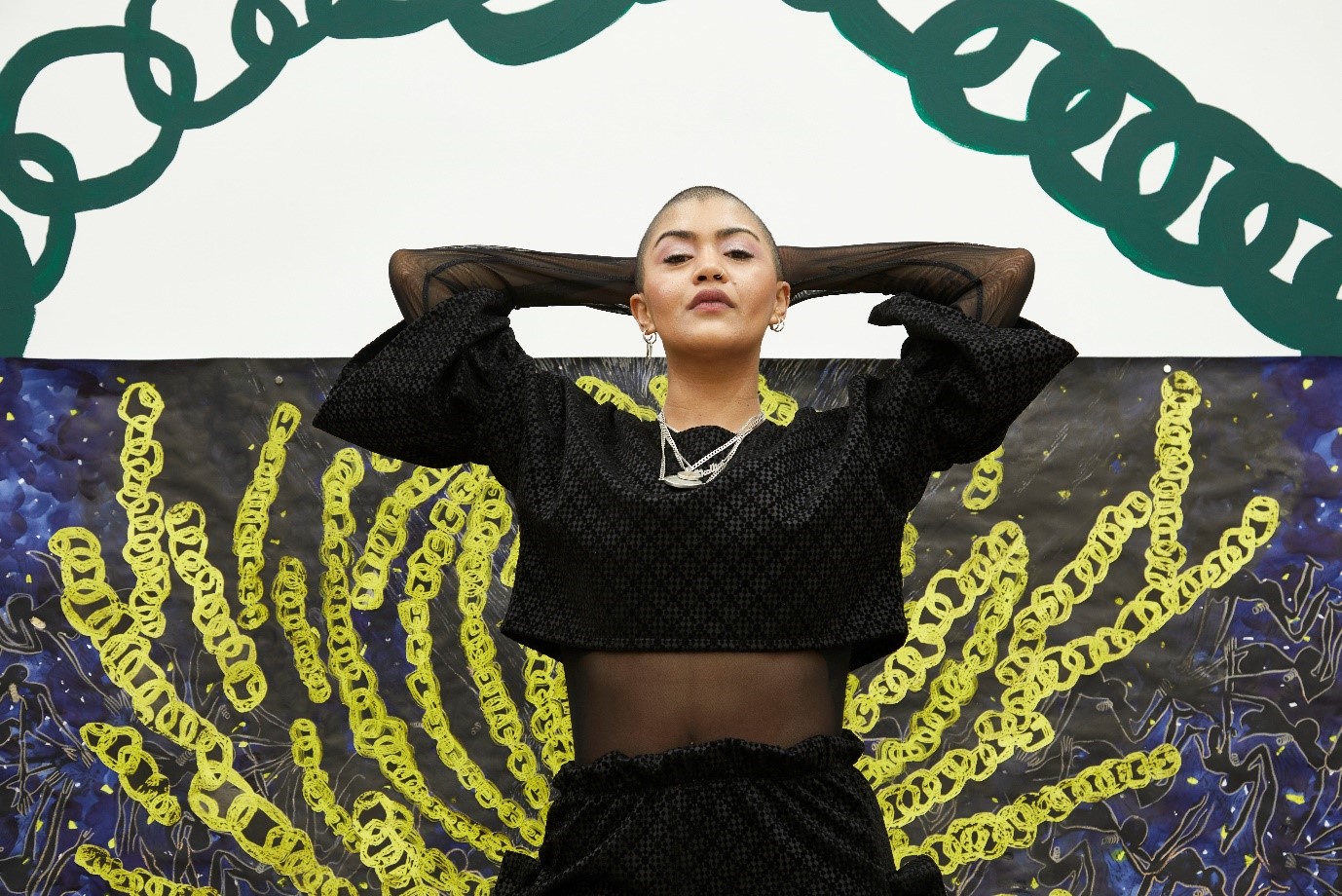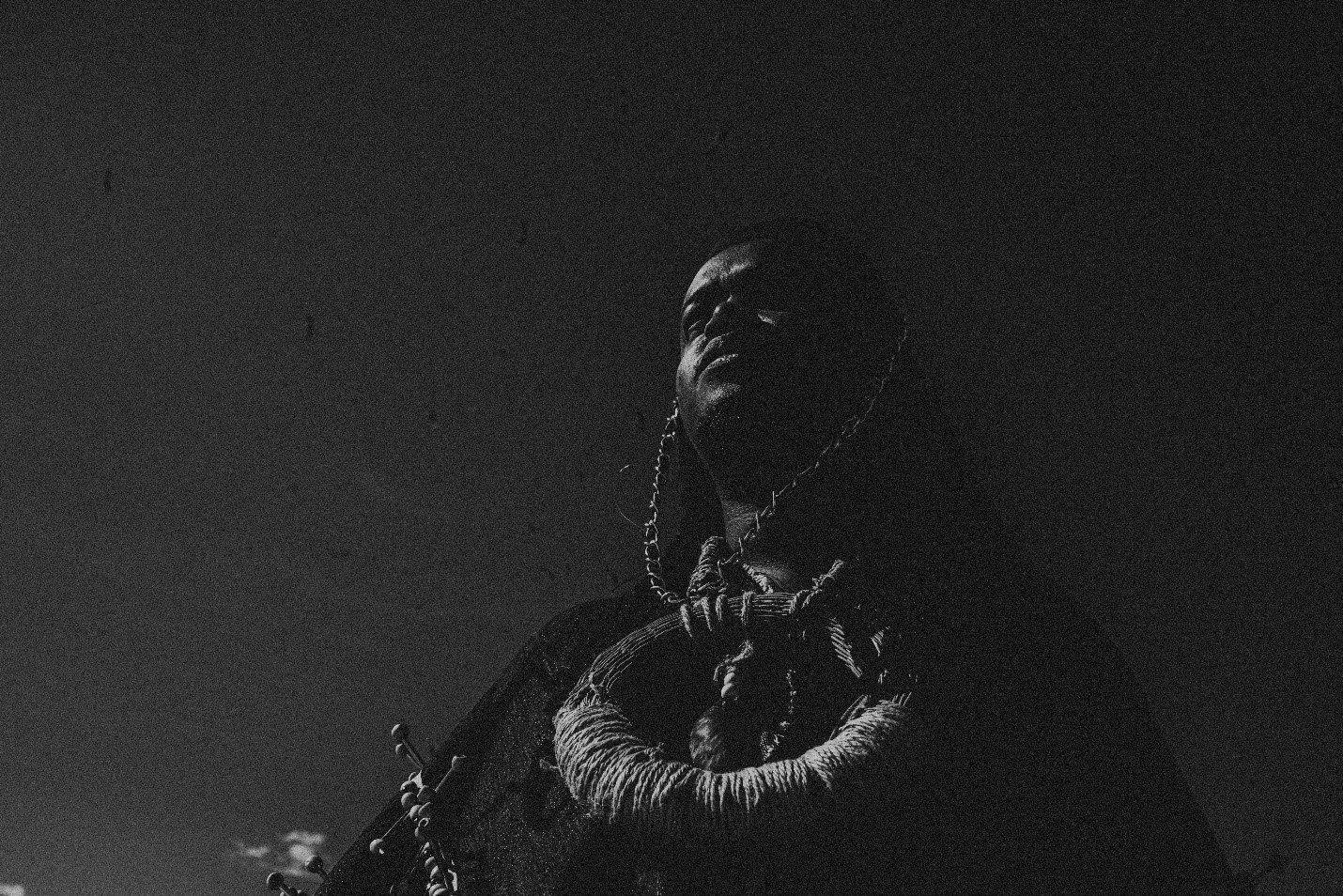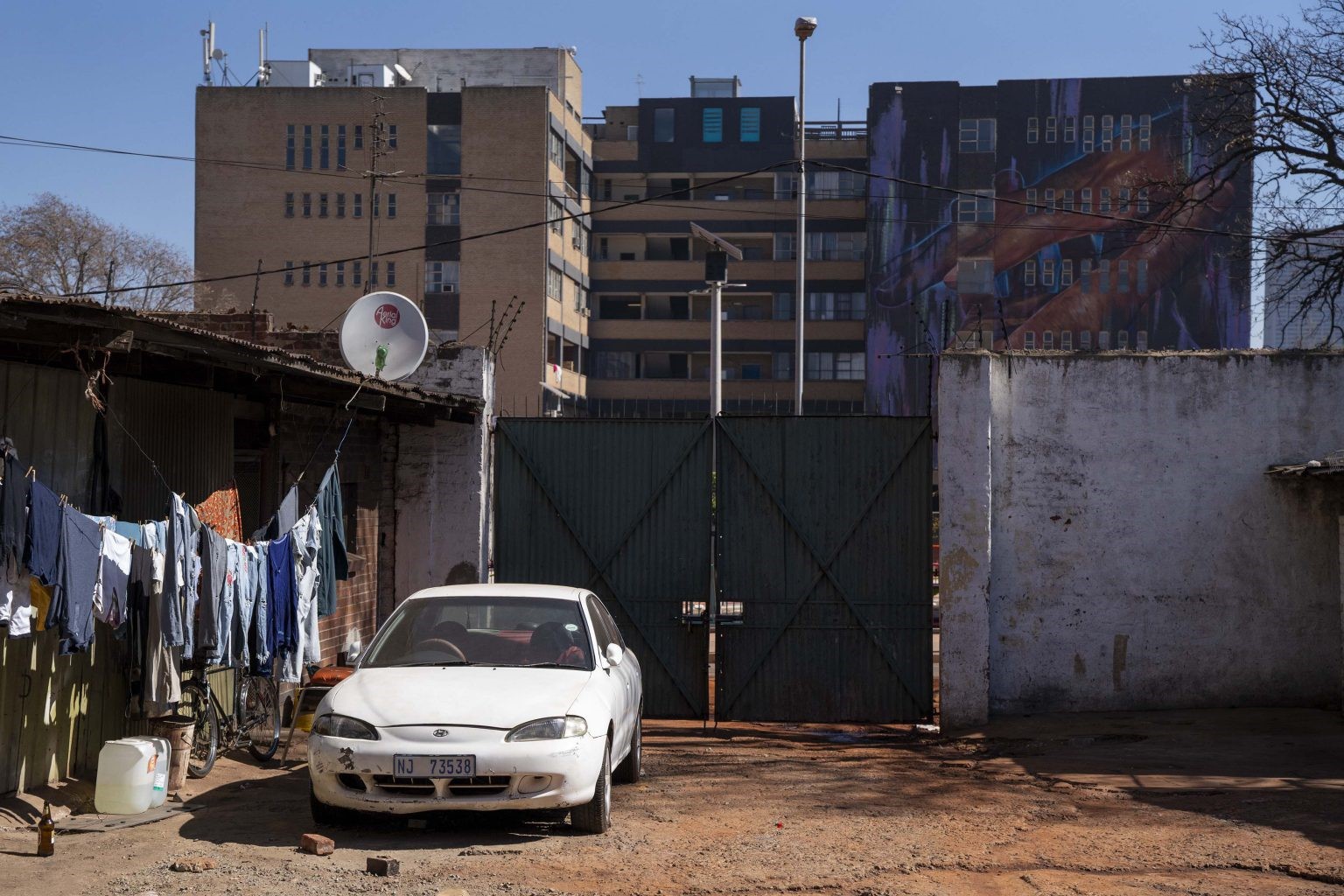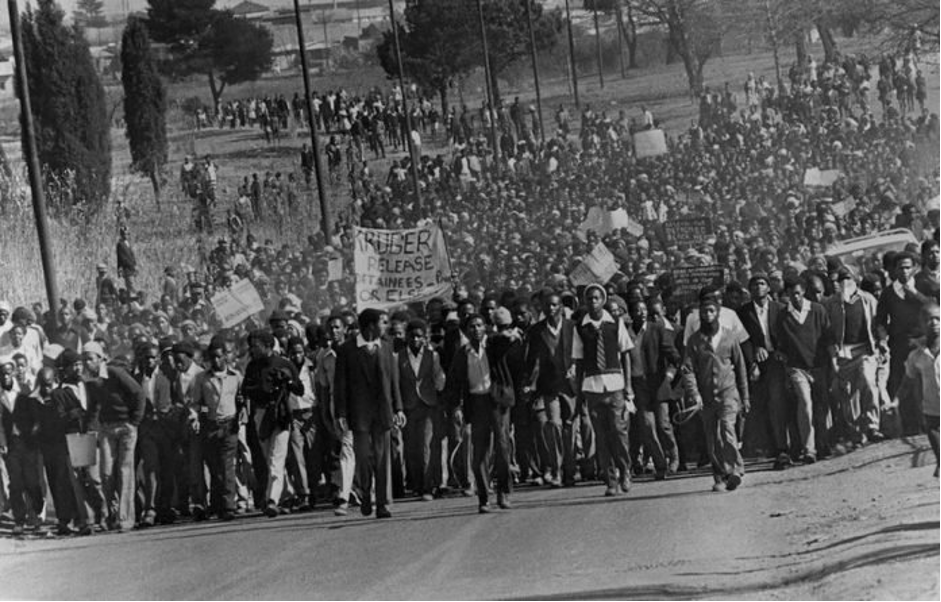We are excited to launch the first iteration of Lima Kwande Pop-Up School, an online school founded and coordinated by media practitioner, Ncebakazi Manzi. Launching during Youth Month, the school is aimed at making African and Black Studies accessible to a wide audience at marginally lower fees than tertiary institutions. With the first course going live at the beginning of August, each course is designed to expose students to the historical evolution of African and Black Studies, emphasising their importance as critical tools of analysis and interpretation in contemporary times. The course will also make a wide range of archival materials, texts and ideas from some of our foremost thinkers on the subject accessible to students.
The school’s founder, Ncebakazi Manzi, believes in the transformative power of knowledge; her goal for Lima Kwande Pop-Up School is to contribute towards connecting people across the world who equally love thinking about similar ideas through meaningful ways.
“I started Lima Kwande Pop-Up School, because I had a hunch that there are many people who, much like me, do not have the time or financial resources to do a whole university degree on a subject that's of interest to them. I think there is quite a bit of access to material online whether its actual theses, webinar recordings or essays by Black academics and intellectuals generally. However, very little of that access is facilitated knowledge exchange where you have a classroom experience. That's what the Lima Kwande Pop-Up School is offering; a reasonably priced online and communal space of learning and unlearning.”
The school is anchored through rich contributions by a range of credible academics and professionals with deep knowledge and expertise in the arts, Black literature, sonic archives and more.
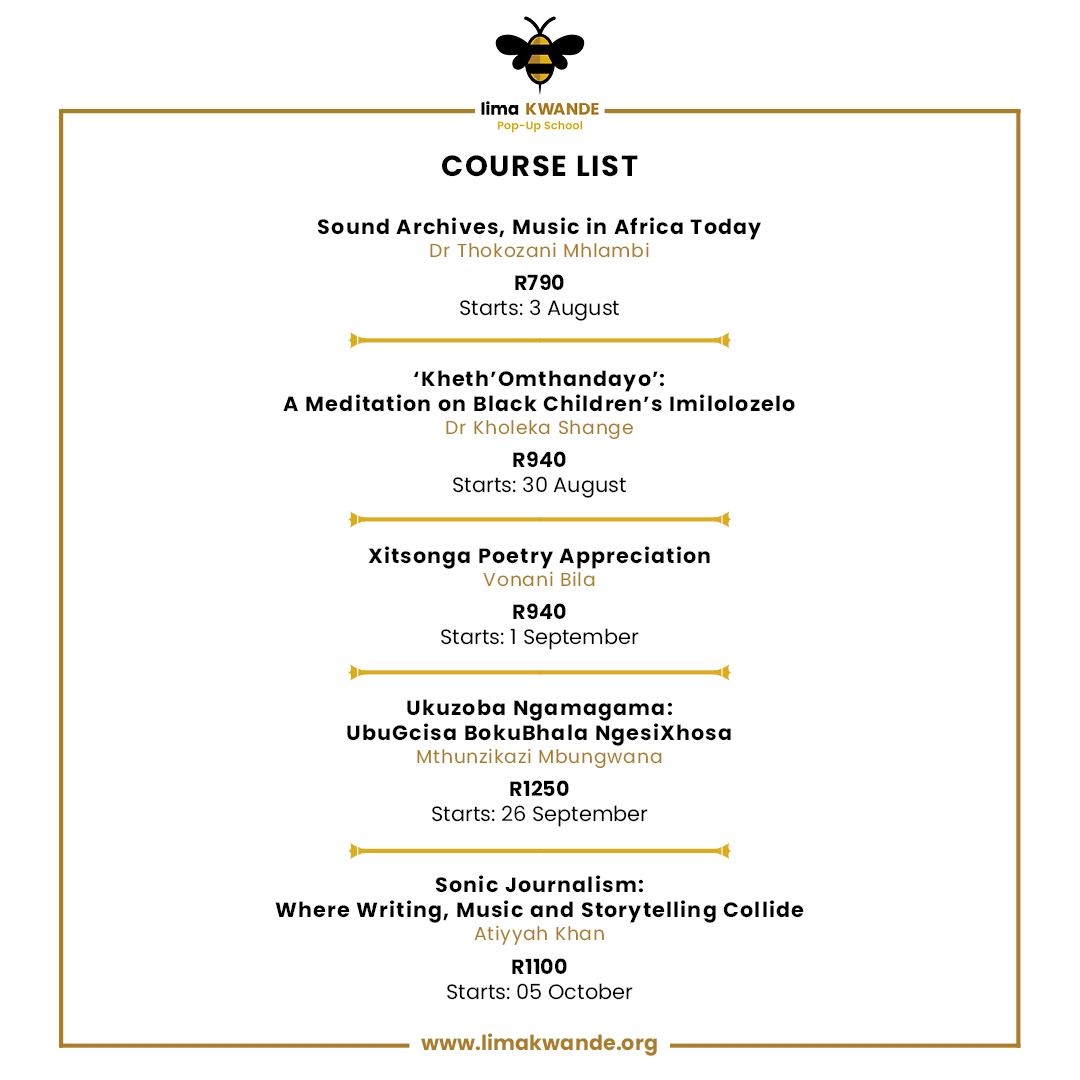
Meet the Facilitators:
DJ, journalist and cultural worker Atiyyah Khan’s course will explore arts journalism, writing, oral histories, archiving, collectives and working in community. The course will also look at DIY-movements, the radio landscape, selecting records, crate-digging, as well as an exploration into the history of South African jazz and more.
Lecturer and writer, Dr Kholeka Shange’s course is a journey into imaginative practices of play through Black children’s “songprints” (Jorritsma, 2001) called “imilolozelo” (Mbatha, 2014: 377). In this experience of ukudlala (play), we will explore how popular imilolozelo such as “Ayabhamp’ amagwinya ehhotela”, “Tamati So! So!”, “We Nomathemba!”, “uMamgobhozi”, “Sawubona MaSithole” may be reimagined as critical texts that need to be urgently theorised as part of Black-centred scholarship.
Poet and storyteller Mthunzikazi Mbungwana will guide us through the art of creating with words through isiXhosa creative writing, while considering a range of texts that use language that is urgent, multi-layered, unconventional, and breaking new grounds in isiXhosa literature. She will build on the work of past and contemporary writers to identify themes, agreements, and disagreements in the works of isiXhosa writers from the 20th and 21st century.
Composer and musician, Dr Thokozani Mhlambi’s course is an exploration into a sonic history of the continent told through archives and people who make them. Participants will gain a perspective on listening possibilities and the role technologies play in culture, as well as a better understanding of African music and the politics of the recording industry in relation to African arts.
Author and poet Vonani Bila will take students through an appreciation, analysis and study of poetry in Xitsonga and its forms, genres, subgenres, influence and motifs. The course further explores aspects of the history, politics (including Black Consciousness and its radical poetics of resistance), and cultural heritage within which Xitsonga poetry is produced.
Registration for Lima-Kwande Pop-Up School is now open. Find out more about the courses and fees via: www.limakwande.org..
About Lima Kwande Pop-Up School:
An online platform designed to create access to African and Black studies. The courses are facilitated by Black scholars and practitioners who have an interest in sharing knowledge and encouraging critical thinking amongst course participants. The pop-up school sees itself as contributing towards the spread of African and Black knowledge(s). Through our courses we hope to also challenge dominant ideas about what is considered knowledge and traditional teaching methods.

